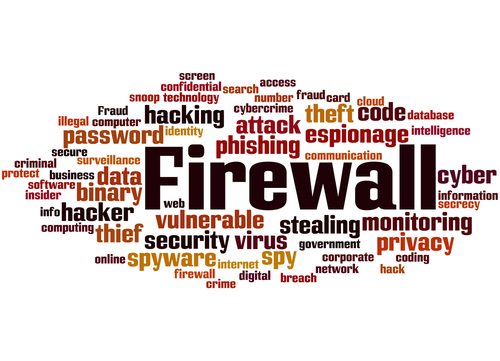National Cyber Security Centre (NCSC) / GCHQ proposal to introduce an automated threat detection system – (the ‘Great Firewall of Britain’?) to protect our critical networks and government organisations from low-risk, high-volume attack, Piers Wilson, Advanced Threat Detection Specialist at Huntsman Security commented below. Piers says this initiative is a welcome step in the right direction given the recent surge in breaches being reported, but it will do very little to solve the more serious cyber-problems.
Piers Wilson, Head of Product Management at Huntsman Security:
 “A recent Freedom of Information request found that the number of breaches reported to the ICO in the last 12 months has nearly doubled from the previous year, so something clearly had to be done. The plans announced by Ciaran Martin for a more automated defence network to protect Britain from low-level threats are certainly a step in the right direction. Although these threats in themselves can range in their level of sophistication, they can still cause organisations to be overwhelmed by the sheer volume of threat alerts they trigger. This can lead to more serious or insidious threats going unchecked, which can give more sophisticated hackers a far easier ride.”
“A recent Freedom of Information request found that the number of breaches reported to the ICO in the last 12 months has nearly doubled from the previous year, so something clearly had to be done. The plans announced by Ciaran Martin for a more automated defence network to protect Britain from low-level threats are certainly a step in the right direction. Although these threats in themselves can range in their level of sophistication, they can still cause organisations to be overwhelmed by the sheer volume of threat alerts they trigger. This can lead to more serious or insidious threats going unchecked, which can give more sophisticated hackers a far easier ride.”
“Dealing with the volume of low-level threats is still just one part of the puzzle; organisations remain at risk from more targeted attacks and insider threats, which the new ‘Great Firewall of Britain’ could do little to solve. As such, organisations themselves still need the capability to triage those threats that do still make it through, so they can identify the most serious and prioritise them accordingly. This can best be achieved by maximising the degree of automation in the threat verification and remediation process, so that ‘known’ attacks can be dealt with by security systems, whilst IT teams are freed-up to concentrate on the most severe, unknown threats.”
The opinions expressed in this post belongs to the individual contributors and do not necessarily reflect the views of Information Security Buzz.



